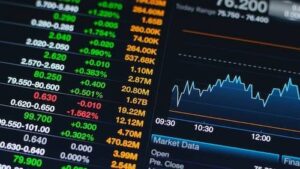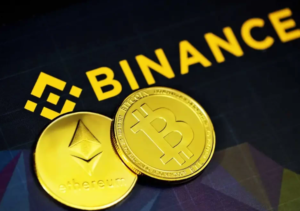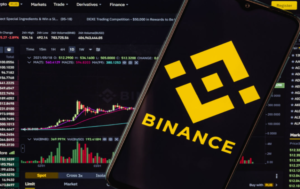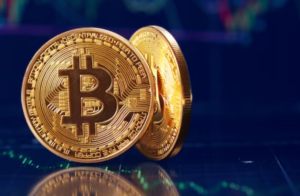$KOSPI $BTC $USDKRW
#BankofKorea #YoonSukYeol #MartialLaw #SouthKorea #FinancialMarkets #KoreanEconomy #InterestRates #Geopolitics #MarketVolatility #FXMarket #CryptoMarket #AsianStocks
The Bank of Korea (BoK) has announced an emergency policy meeting scheduled for Wednesday, following an unexpected turn of events overnight in South Korea. President Yoon Suk Yeol made a surprising move by lifting martial law, implemented during escalating political unrest stemming from significant civil protests in recent days. The decision immediately heightened political uncertainties, leaving investors closely watching how this political shift might ripple through domestic and international markets. As the central bank steps in to address potential economic instability, analysts predict that the outcome of the meeting will be critical for the resilience of financial markets both within and beyond South Korea.
The decision has already triggered a reaction across key market indicators. South Korea’s stock index, $KOSPI, saw sharp declines in early morning trading, as investors began pricing in the political uncertainty and possible economic repercussions. Coupled with the sell-off in local equity markets, the Korean won ($USDKRW) fell to a multi-week low, reflecting rising caution in the foreign exchange market. If prolonged instability continues, the BoK may need to explore immediate measures such as liquidity injections or even an adjustment in its short-term interest rate trajectory. These anticipated policy shifts are likely to have broad implications, influencing global sentiment toward risk assets while offering a degree of volatility in the crypto market as well, with key traders monitoring the movements of large-cap assets such as $BTC.
Market volatility is a key concern as South Korea represents a significant player in regional trade and financial ecosystems. Any sustained policy uncertainty in South Korea risks spilling over into neighboring markets, particularly in Asia’s regional equities and FX space. Global investors are also recalibrating their exposure to South Korean assets during a sensitive global economic backdrop marked by tightening monetary policies and concerns over slowing growth. Foreign outflows from South Korea’s bond and equity markets could potentially intensify unless swift measures are taken to restore confidence. Meanwhile, industries tied to government contracts or traditionally impacted by social stability, such as construction and consumer goods, may see heightened risk premiums reflected in their equity valuations.
The developments have added a new layer of complexity for the cryptocurrency market. South Korea is one of the largest hubs for crypto trading by volume, and political instability could weigh heavily on sentiment among retail investors, potentially inducing higher volatility in $BTC and other digital assets. The BoK’s emergency discussions are expected to factor in not just the local currency impact but also broader systemic risks as crypto adoption grows in the region. For now, markets remain tense, awaiting the policy blueprint the BoK will roll out to manage the situation. The direction set by this meeting could have far-reaching effects, shaping not only the trajectory of South Korea’s domestic markets but also influencing broader global financial trends.










Comments are closed.